Boat anchorage area at Quan Vinh 1 sluice gate, Rang Dong commune. Photo: Ngoc Anh
Tighten management, raise awareness of fishing community
Strictly implementing Directive No. 32-CT/TW of the Secretariat and the directions of the Government and the Prime Minister, the Ninh Binh Provincial People's Committee has issued a series of documents directing departments, branches, and coastal localities, requiring heads of Party committees and authorities to take responsibility if violations of illegal, unreported, and unregulated (IUU) fishing occur. The Provincial Steering Committee for Combating IUU Fishing was established under Decision No. 300/QD-UBND dated July 28, 2025, playing a central role in coordinating, inspecting, and handling violations.
Immediately after the merger, the province reviewed the quota of offshore fishing licenses, which was 630 licenses. Completing the review and clearly determining the quota of offshore fishing licenses is important in state management. This is the legal and practical basis for the province to organize transparent licensing, strictly control offshore fishing activities in accordance with the provisions of the Fisheries Law, and at the same time contribute to protecting aquatic resources and preventing overexploitation.
The Provincial People's Committee has also assigned the Department of Agriculture and Environment to review and develop a plan to announce fishing quotas in coastal and offshore areas according to administrative units after the merger, ensuring that they are consistent with the actual production of fishermen and the orientation of sustainable aquaculture development of the locality. Propaganda and mobilization work has been widely implemented, focusing on changing fishermen's awareness.
In addition, in the first 7 months of 2025, the province organized 8 training courses for 1,227 officials and fishermen, distributed legal documents and anti-IUU regulations to each ship owner and captain. 100% of ship owners signed a commitment not to violate, especially not to illegally exploit in foreign waters, which is a key factor to overcome the EC's recommendations.
Fishing vessel management is carried out seriously, all 1,370 vessels with a length of 6m or more have been registered and updated with national fisheries data (Vnfishbase); 97.96% have been granted fishing licenses; 99.33% of vessels with a length of 15m or more have been equipped with a voyage monitoring system (VMS). Vessels that do not meet the operating conditions are gathered at a centralized anchorage area, listed in the community and closely monitored to prevent illegal departure.
Inspections and handling of violations are carried out regularly and seriously. From October 1, 2023 to July 31, 2025, the whole province handled 462 violations, with fines of over VND 8.12 billion; the act of losing VMS connection for more than 6 hours was severely handled, creating a clear deterrent, helping to reduce the rate of repeat violations. Port output monitoring has also made progress: in the first 7 months of 2025, 3,023 ships were inspected, 7,400 tons of seafood were monitored. The electronic traceability system (eCDT) was applied, allowing strict control from when the ship docked, unloaded goods to consumption, creating a platform for information transparency, a key requirement of the EC.
Fishing boats dock at Rang Dong commune. Photo: Ngoc Anh
Overcoming the shortcomings
Despite positive changes, the fight against IUU fishing in Ninh Binh still faces structural and infrastructural limitations. The situation of ships losing connection to VMS for more than 6 hours while operating at sea has not been thoroughly handled; monitoring of output through private and traditional fishing ports is not yet synchronized; some ships have not yet docked at designated ports, fishing logs and reports are still lacking, not fully and accurately reflecting actual operations. The underlying cause comes from the fact that the whole province currently has only two fishing ports announced to open, while the network of fishing ports is small and scattered throughout the coastal area, making centralized control difficult. Along with that, the inspection and control force is still thin, the fishing control equipment is old and does not operate regularly, reducing the ability to patrol at sea and strictly control offshore fishing activities.
To overcome these shortcomings and best prepare for the 5th inspection by the EC, Ninh Binh has developed a systematic action plan, combining both administrative management measures and technology application and tightening law enforcement. First of all, the province focused on reviewing and classifying the entire fleet, especially those that are not qualified to operate, to gather them in centralized anchorage areas, apply strict management and guide ship owners to carry out procedures to delist "3 no" ships. At the same time, patrolling and monitoring at sea has been strengthened, prioritizing close coordination between border guards, fisheries surveillance and local authorities to promptly detect and handle violations through the VMS journey monitoring system. Control of entry and exit from ports has been implemented in the direction of "not letting violating ships go to sea", resolutely refusing to grant permission to leave ports for ships that do not fully ensure their exploitation licenses, registration, monitoring equipment and license plates.
One of the highlights is the strict handling of cases of intentionally not maintaining VMS connection, especially for the group of vessels with the largest length of 24m or more - the subject of special attention from the EC. At the same time, the province continues to promote the application of eCDT software to manage the entire process from when the vessel enters and leaves the port, collects logs and fishing reports, to monitoring unloading output, ensuring data is updated into the national fishing vessel management system Vnfishbase. This is a key tool to make the supply chain transparent, meet the requirements of certification and confirmation of exploited aquatic products according to international standards. These solutions will gradually establish a modern, transparent, and responsible fisheries management mechanism; minimize the risk of recurrence of violations; enhance the reputation of Ninh Binh and Vietnamese aquatic products in the international market.
When the “yellow card” is removed, the seafood industry will not only regain access to the EU market but also expand opportunities for official exports to other demanding markets, while helping fishermen feel secure at sea, developing the economy while protecting sustainable aquatic resources.
Nguyen Thom
Source: https://baoninhbinh.org.vn/ninh-binh-quyet-liet-hanh-dong-nham-go-the-vang-cua-ec-753222.htm



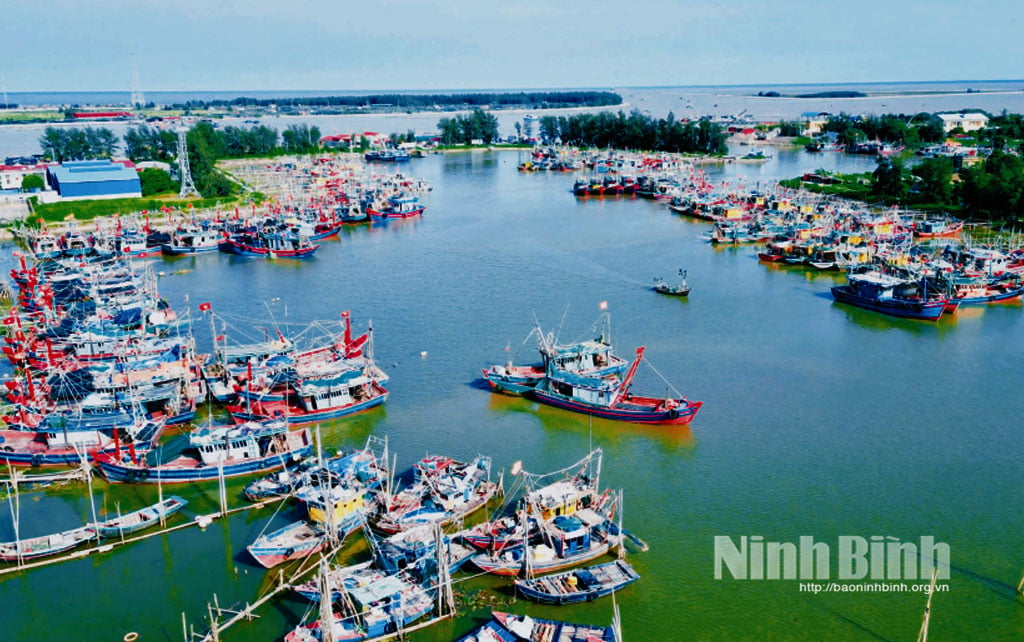
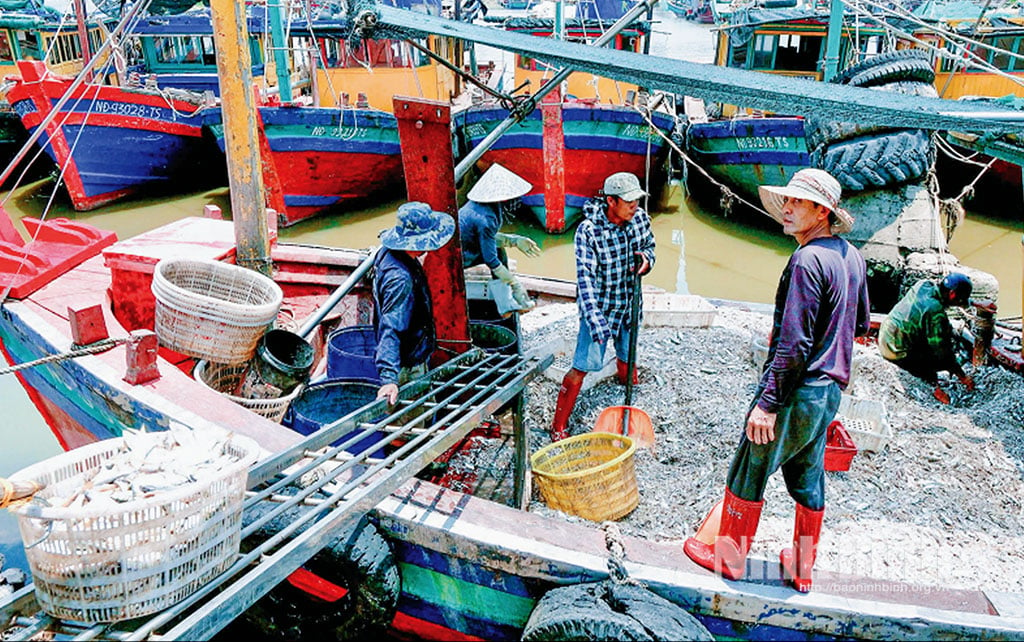


![[Photo] President Luong Cuong attends special political-artistic television show "Golden Opportunity"](https://vstatic.vietnam.vn/vietnam/resource/IMAGE/2025/8/22/44ca13c28fa7476796f9aa3618ff74c4)
![[Photo] President Luong Cuong receives delegation of the Youth Committee of the Liberal Democratic Party of Japan](https://vstatic.vietnam.vn/vietnam/resource/IMAGE/2025/8/22/2632d7f5cf4f4a8e90ce5f5e1989194a)

![[Photo] Prime Minister Pham Minh Chinh chairs the conference to review the 2024-2025 school year and deploy tasks for the 2025-2026 school year.](https://vstatic.vietnam.vn/vietnam/resource/IMAGE/2025/8/22/2ca5ed79ce6a46a1ac7706a42cefafae)


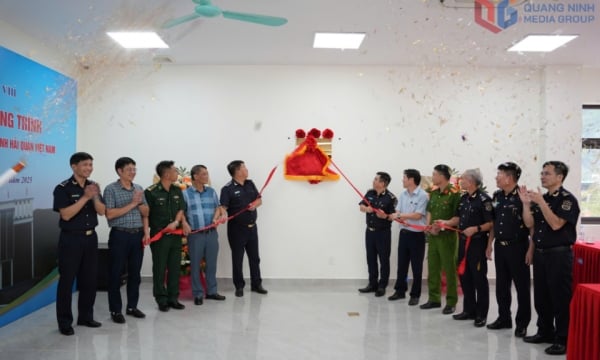

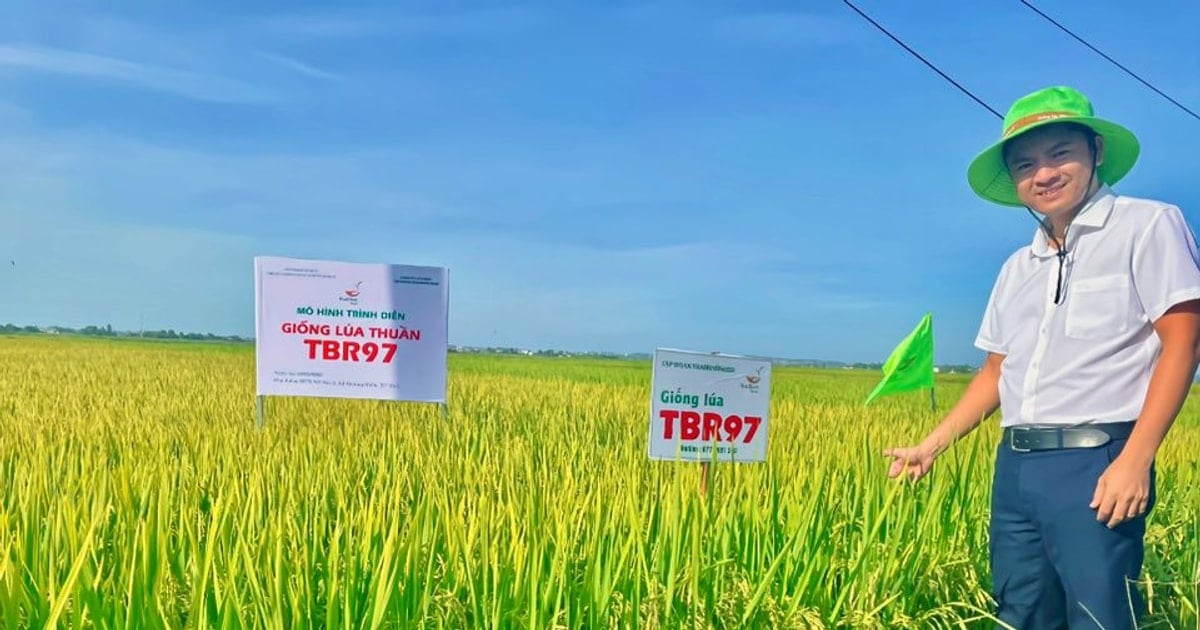

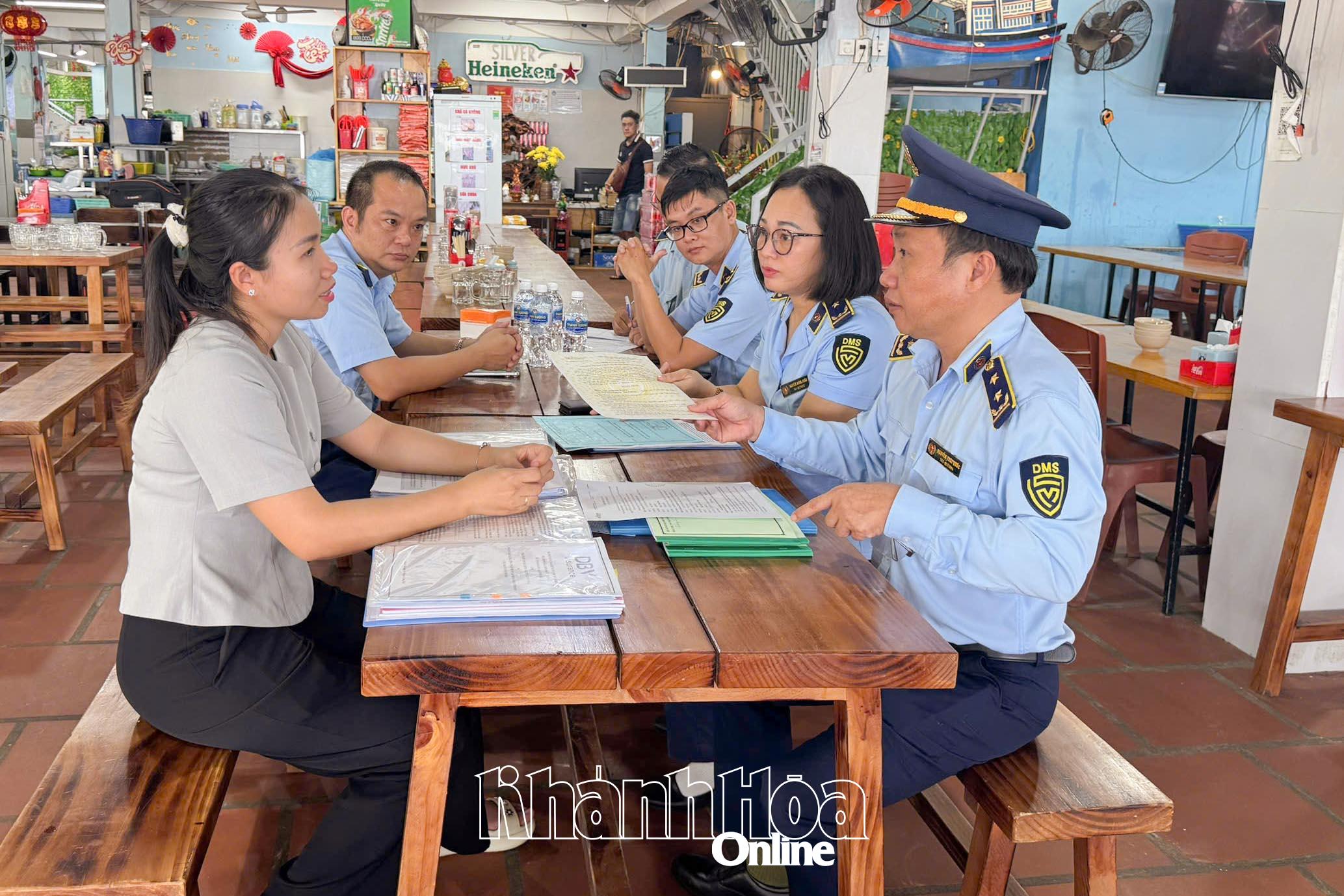

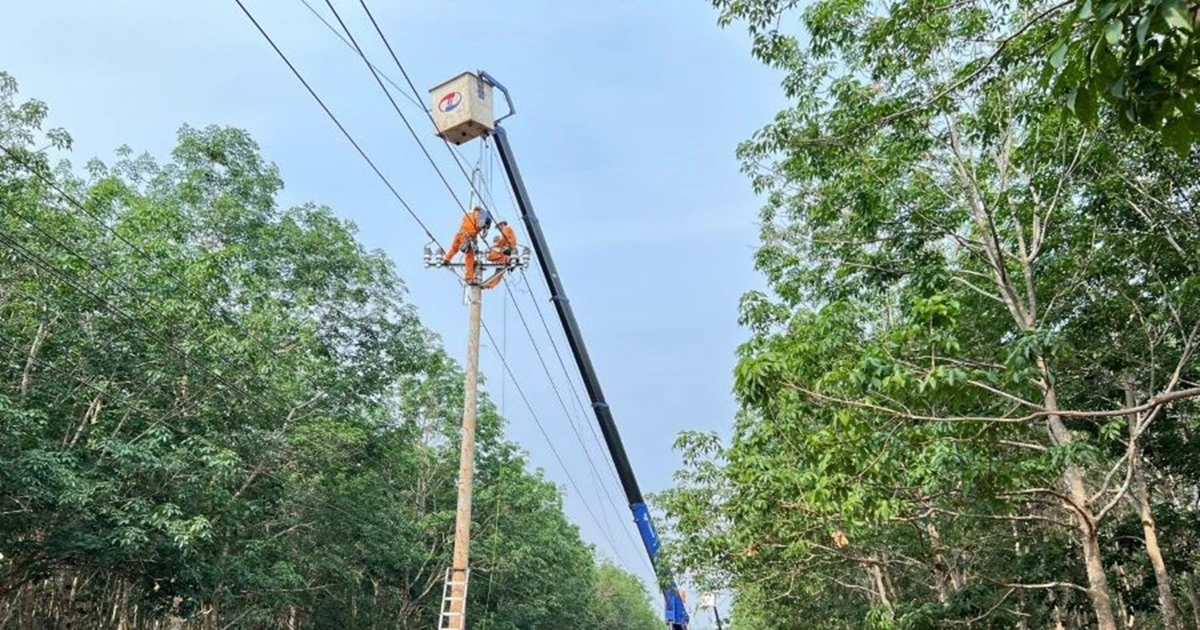







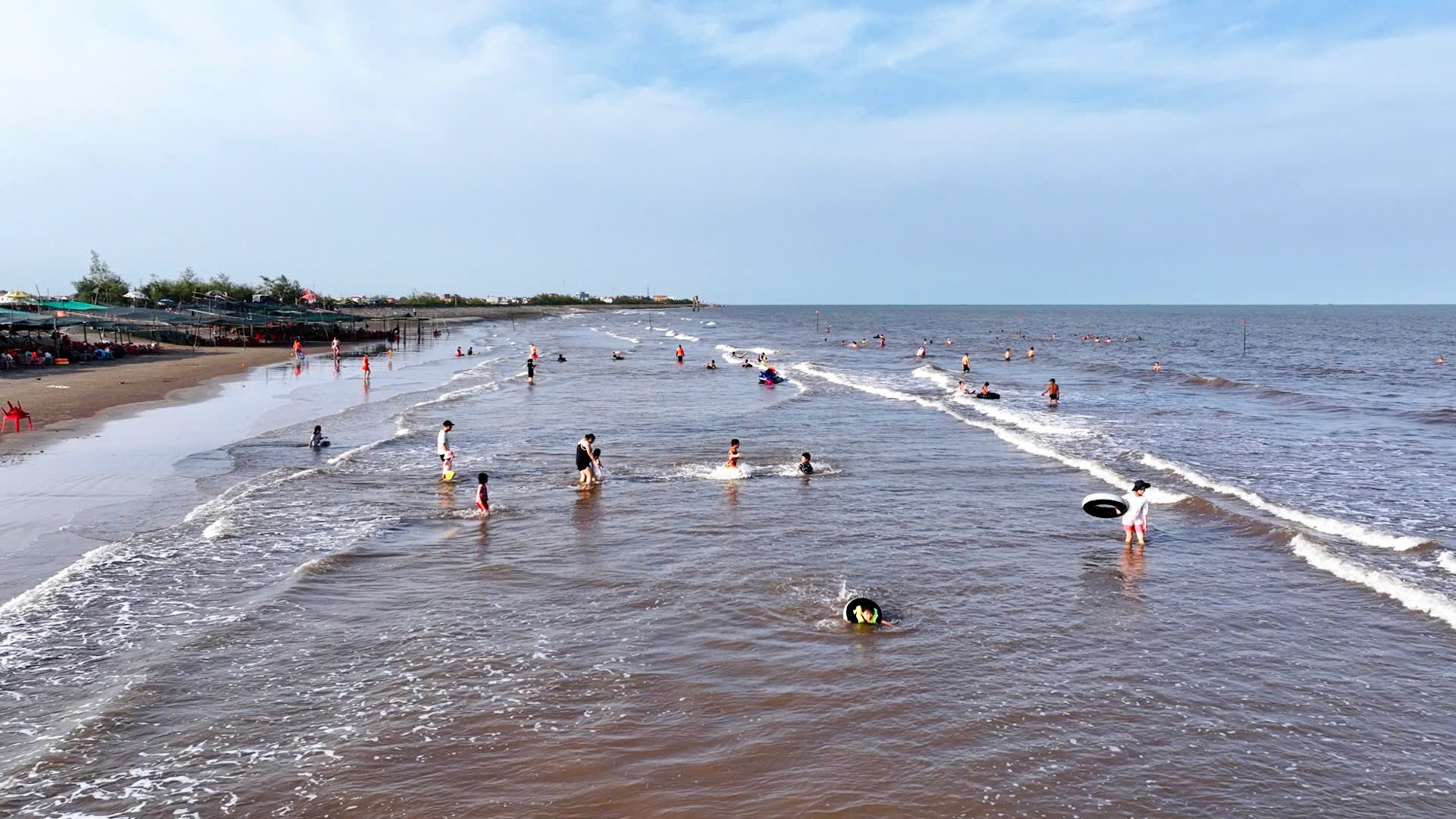
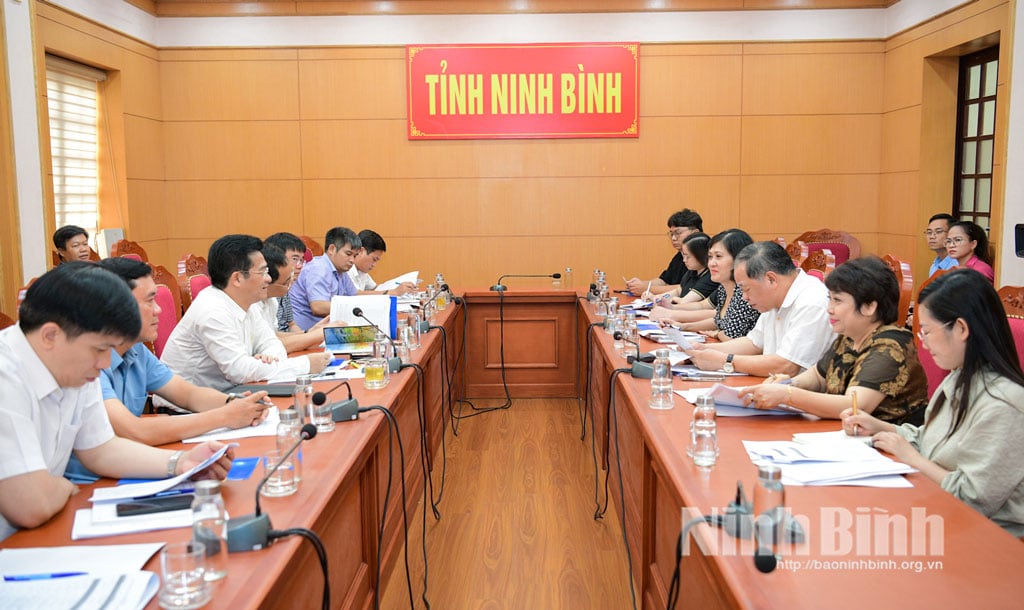
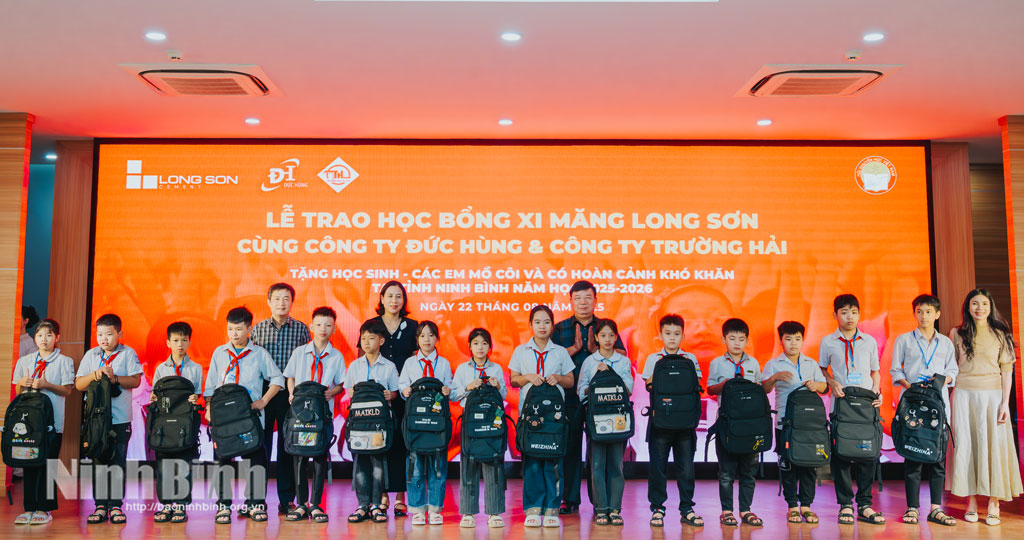

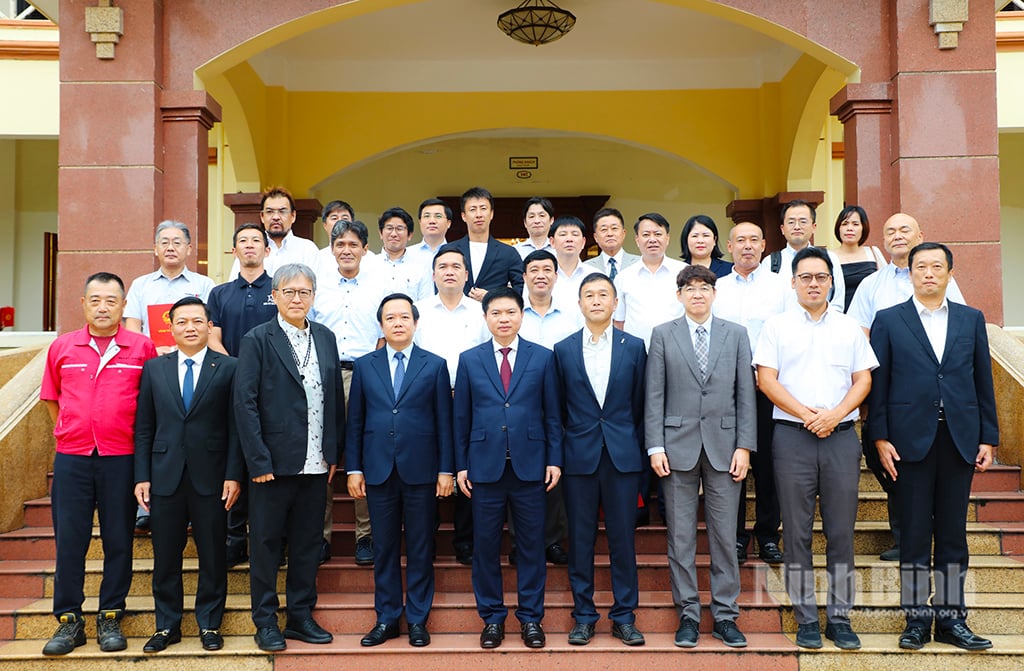
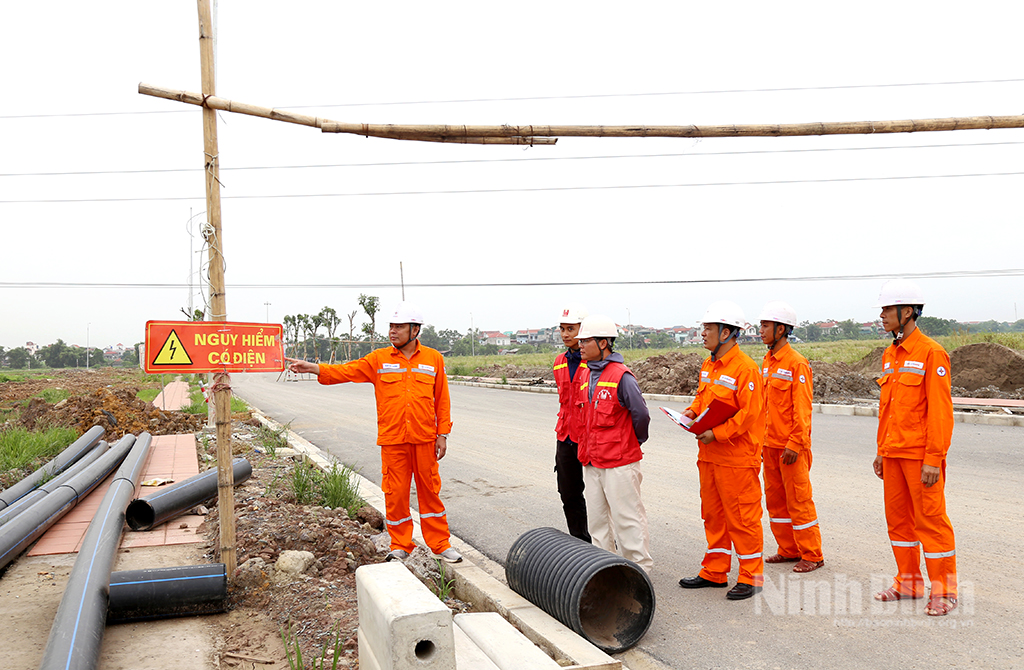





































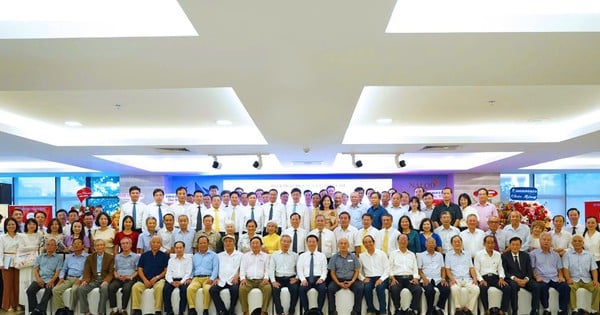

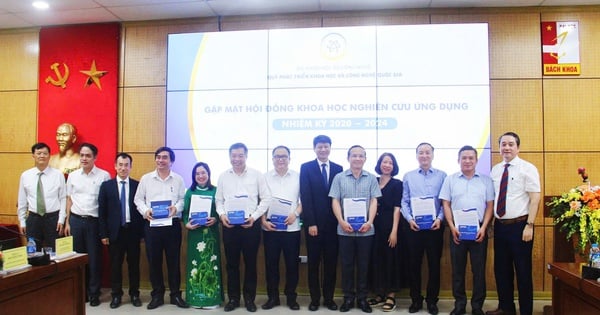











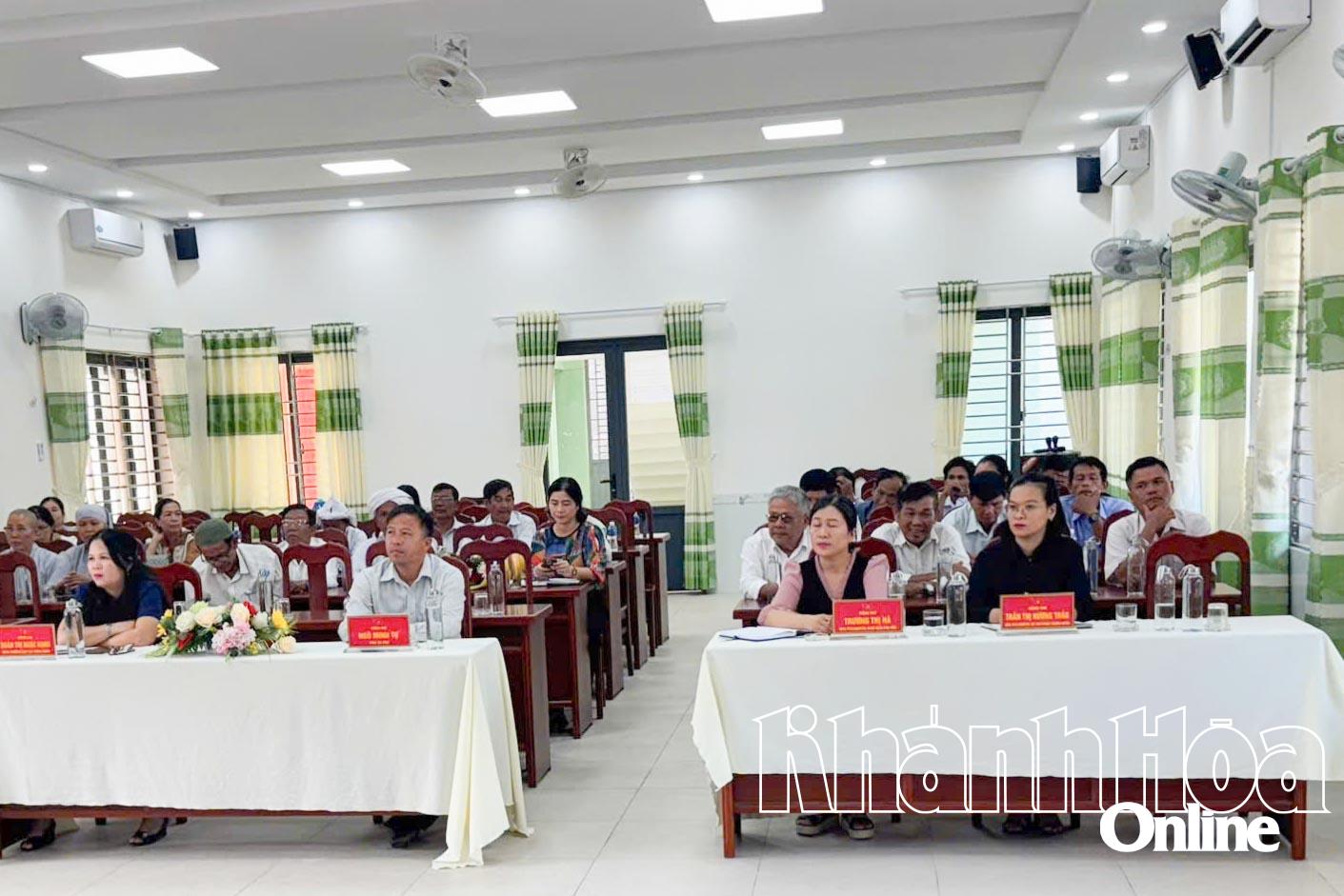















Comment (0)